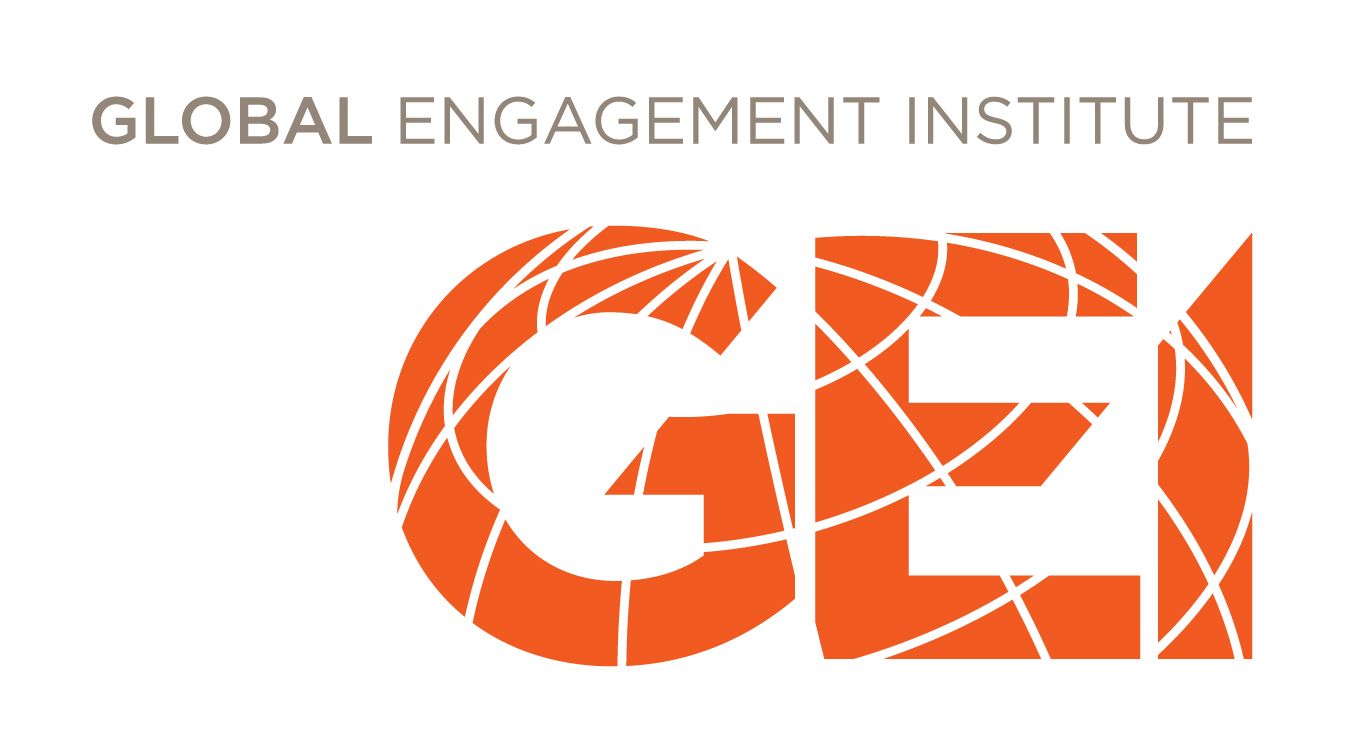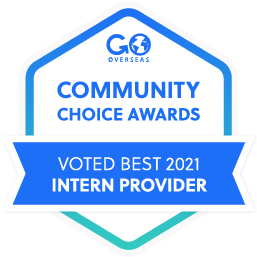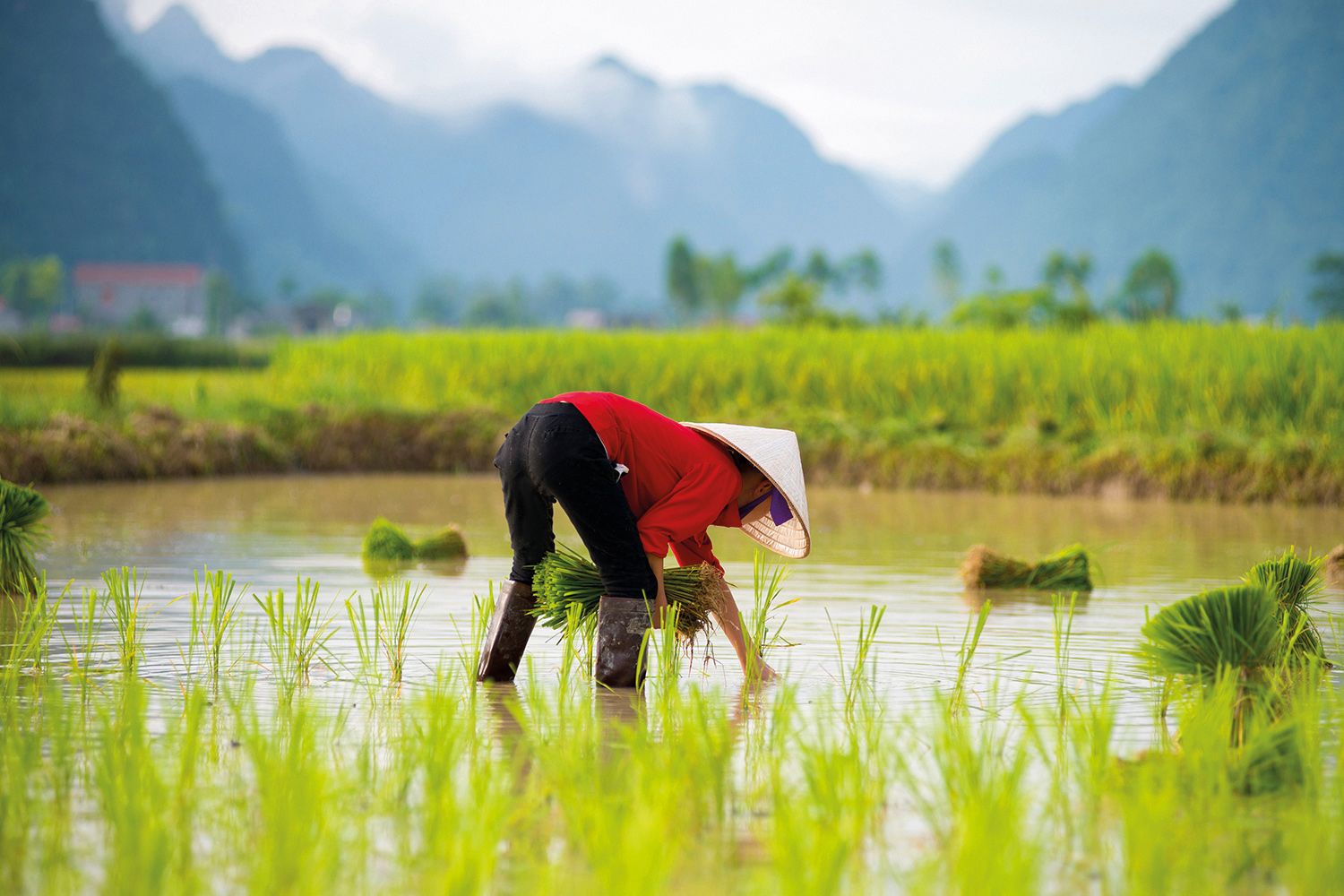GLOBAL ENGINEERING (KENYA)
GEI MICROCERTIFICATE IN GLOBAL ENGAGEMENT
An 8-credit microcertificate program to develop skills, knowledge, and understanding that prepare you for leadership and engagement in our global society.
AT A GLANCE
-
Microcertificate in Global Engagement Program
-
Disciplinary Track: Global Engineering
-
Study Abroad Destination: Kenya
-
Summer Dates: June 1-July 24, 2026 (8 weeks)
-
Credit: 8 U.S. credit hours (~ 16 ECTS credits) for eligible university students
-
Eligibility: Any field and level of study
PROGRAM OVERVIEW
Write your awesome label here.
Write your awesome label here.
Write your awesome label here.
Write your awesome label here.
Write your awesome label here.
Write your awesome label here.
ACADEMICS
Students begin their journey with a deep dive into Kenya’s local engineering ecosystems and development challenges. Through site visits, workshops, and community interactions, they explore real-world applications of human-centered design, sustainability principles, and ethical innovation. Teams work together to assess needs, co-design prototype solutions, and prepare for hands-on collaboration with local partners.
Building on the groundwork of the field engagement phase, students are placed with local organizations to contribute to ongoing community-based engineering projects. Guided by professional mentors and local practitioners, students apply their technical knowledge in areas such as water access, energy solutions, or infrastructure development. Weekly colloquiums provide a space for reflection, intercultural learning, and peer exchange. A final report and group presentation synthesize learning outcomes.
As capstone project, students create a digital portfolio that serves as a comprehensive record of the students’ achievements and learning throughout the program. Students gather artifacts from their coursework and field experiences to showcase their development and mastery of skills. The portfolio culminates in a reflective essay and a presentation, promoting self-assessment and continuous learning.
There are no specific prerequisites or requirements. Students can be enrolled in any major or minor and can be at any level of university study. While we try to always place students in cohorts with similar levels of study, please understand that this may not always be possible.
Our programs are designed to follow U.S. academic culture and standards. The pace is generally accelerated and the workload is demanding. The U.S. grading scale of A to F is used. Students will receive a variety of assignments. They include six module-based small group assignments, engaged participation in a community-engaged learning project, a weekly reflective journal/blog/vlog, and a project report (ENG302), engaged participation in a global practicum, a weekly reflective journal/blog/vlog, and a project report (ENG303), and a digital portfolio culminating in a reflective essay and a presentation.
8 U.S. credit hours (~ 16 ETCS credits) for eligible undergraduate students via our U.S. academic school of record. After successful completion of the program, you will receive a comprehensive GEI transcript as well as the GEI Microcertificate in Global Engagement. Please check with your academic advisor at your home institution to confirm how many credits can be accepted for your degree program.
The language of instruction is English.
UNIQUE EXPERIENCES
Start in Nairobi
Kenya’s capital is a regional hub for innovation, sustainability, and public infrastructure. Students are introduced to the country’s development landscape through guided visits to local initiatives, engineering-focused organizations, and community-driven enterprises. You’ll get a firsthand look at how Kenyan changemakers use limited resources to drive scalable solutions.
Field visits and cultural immersion
During both academic blocks, students engage with a range of field sites in both urban and rural settings. Expect meaningful encounters with local engineers, university partners, and NGOs focused on infrastructure, water, sanitation, and energy. Activities may include community mapping, collaborative design sessions, and project assessments in partnership with host organizations.
Kenya’s capital is a regional hub for innovation, sustainability, and public infrastructure. Students are introduced to the country’s development landscape through guided visits to local initiatives, engineering-focused organizations, and community-driven enterprises. You’ll get a firsthand look at how Kenyan changemakers use limited resources to drive scalable solutions.
Field visits and cultural immersion
During both academic blocks, students engage with a range of field sites in both urban and rural settings. Expect meaningful encounters with local engineers, university partners, and NGOs focused on infrastructure, water, sanitation, and energy. Activities may include community mapping, collaborative design sessions, and project assessments in partnership with host organizations.
Write your awesome label here.
Write your awesome label here.
HOUSING & MEALS
The program includes 8 weeks in Kenya. For this time, GEI Kenya offers different housing options that students can choose from, pending availability. These include:
- Homestays: Typically single rooms, with shared bathroom, and access to a kitchen and living room
- Serviced apartments: Single or shared double rooms, with shared bathroom, and access to a kitchen and living room
- University residence halls at our local partner universities: Shared double rooms, with shared bathroom and no kitchen facilities
- Simple guesthouses: Shared double rooms, with shared bathroom and no kitchen facilities
Homestay host families typically provide breakfast and dinner. Students in serviced apartments, university residence halls, or guesthouses are usually responsible for all meals outside of core course meals.
You can find additional information in the following blog post: Accommodation – What to expect.
You can find additional information in the following blog post: Accommodation – What to expect.
DATES, FEES, AND SCHOLARSHIPS
Summer 2026 (8 weeks): June 1-July 24
Summer 2026: April 1
Summer 2026: US $7,950 (8 weeks)
INSTRUCTORS & COORDINATORS
Meet our core team
All of our instructors and coordinators are highly experienced and resourceful professionals.


